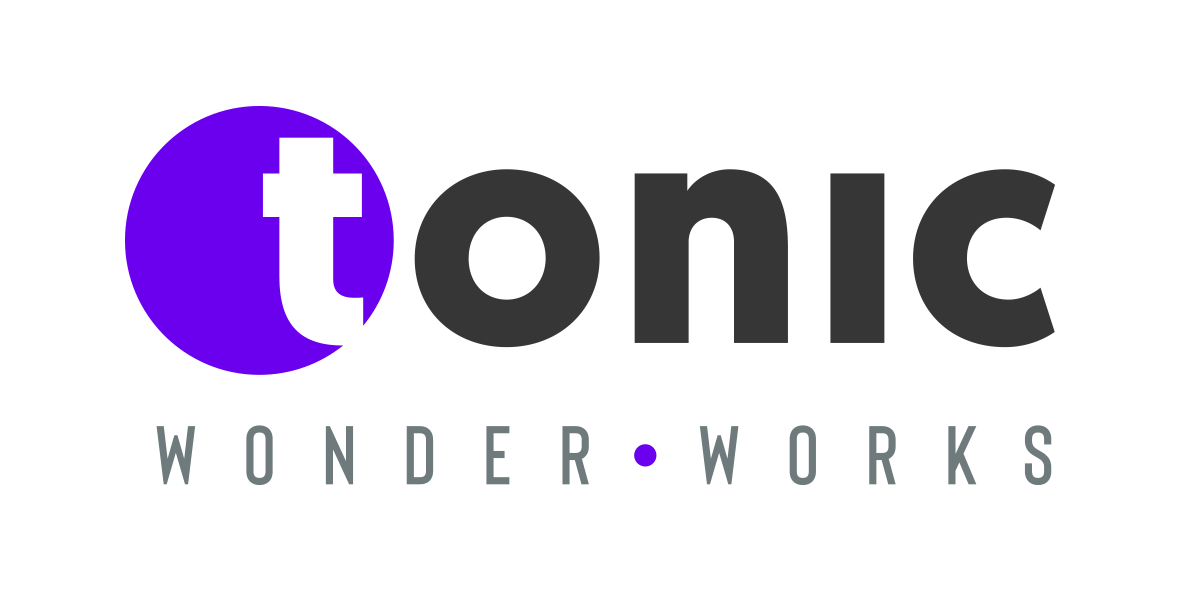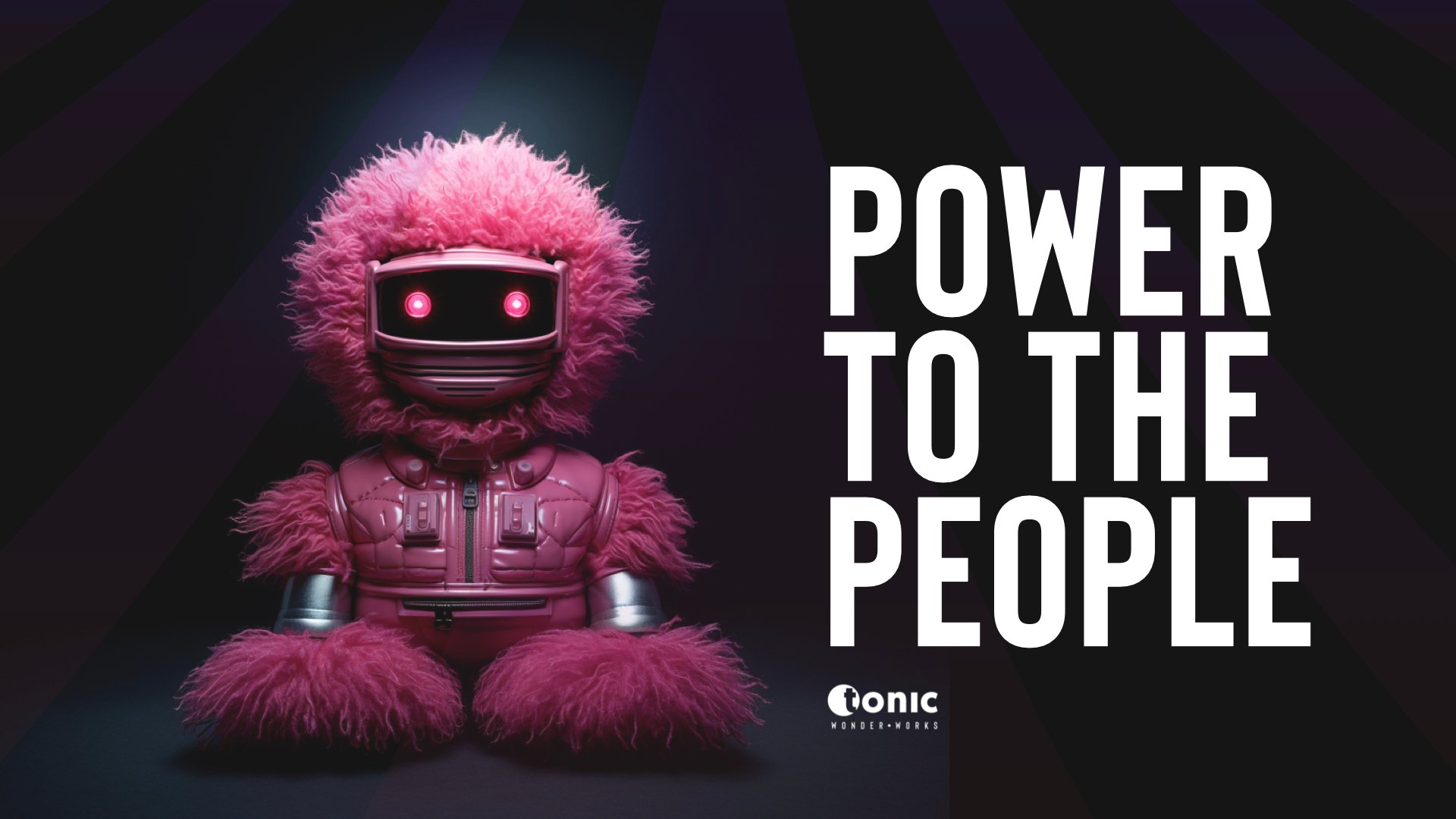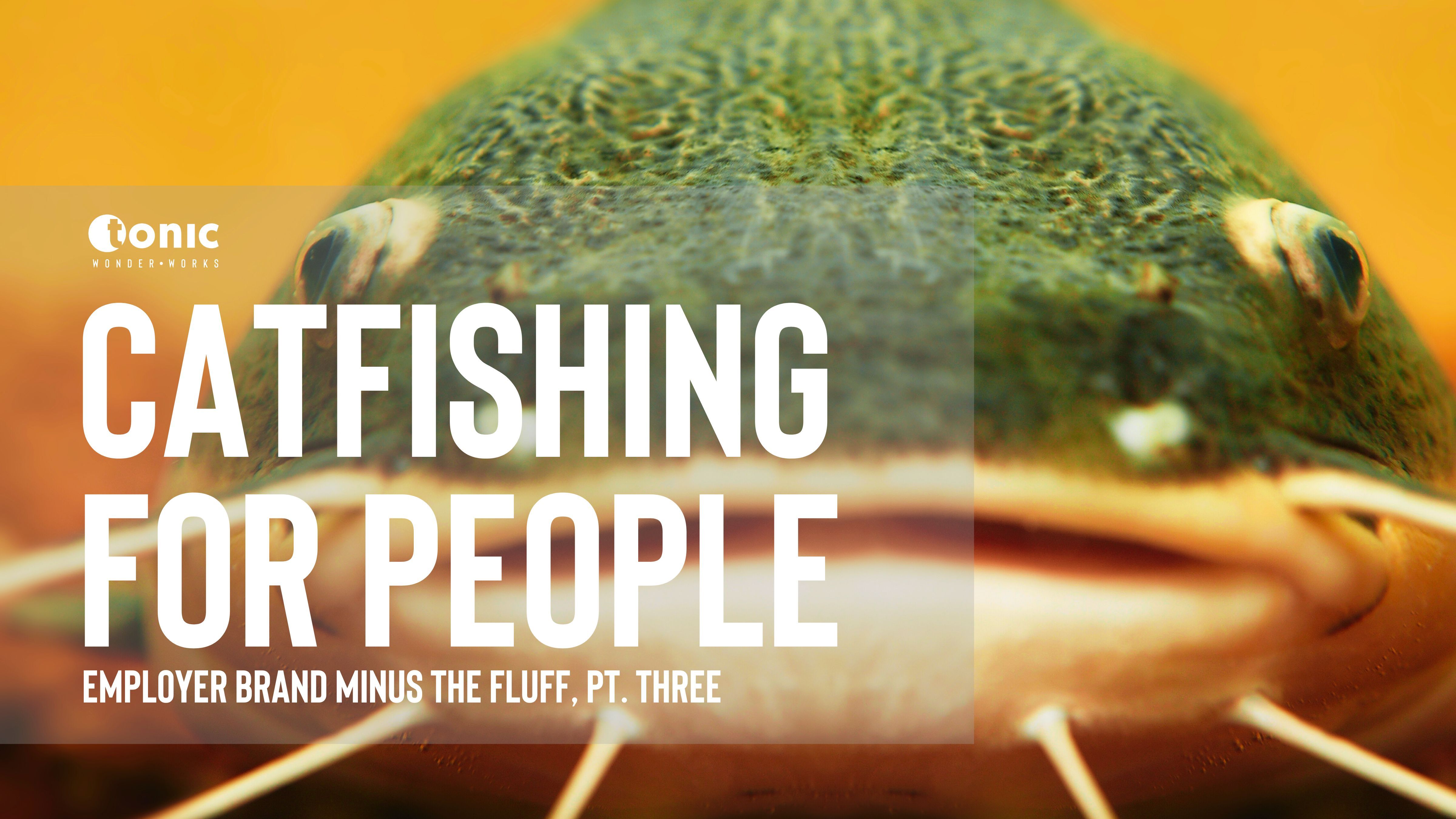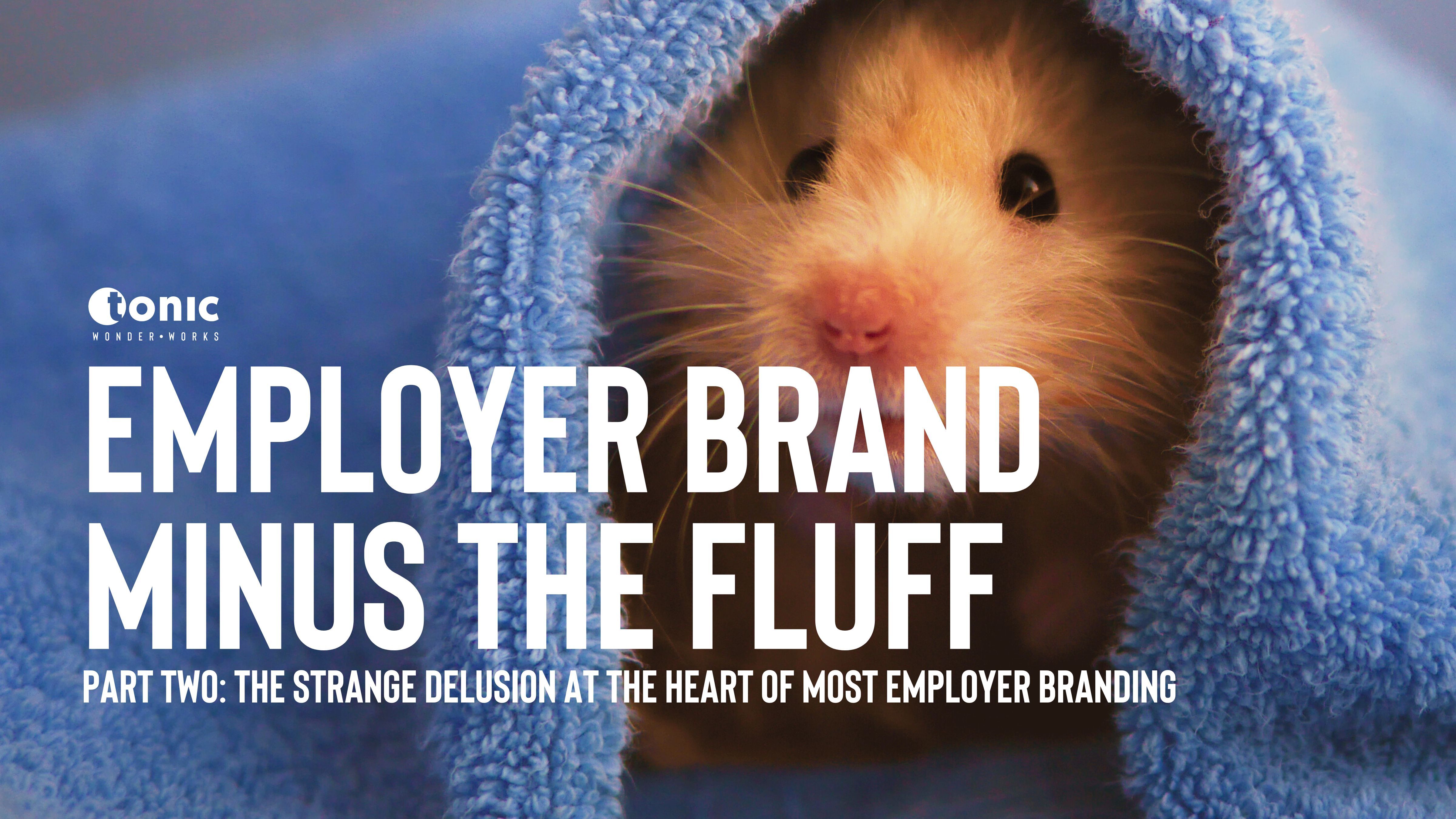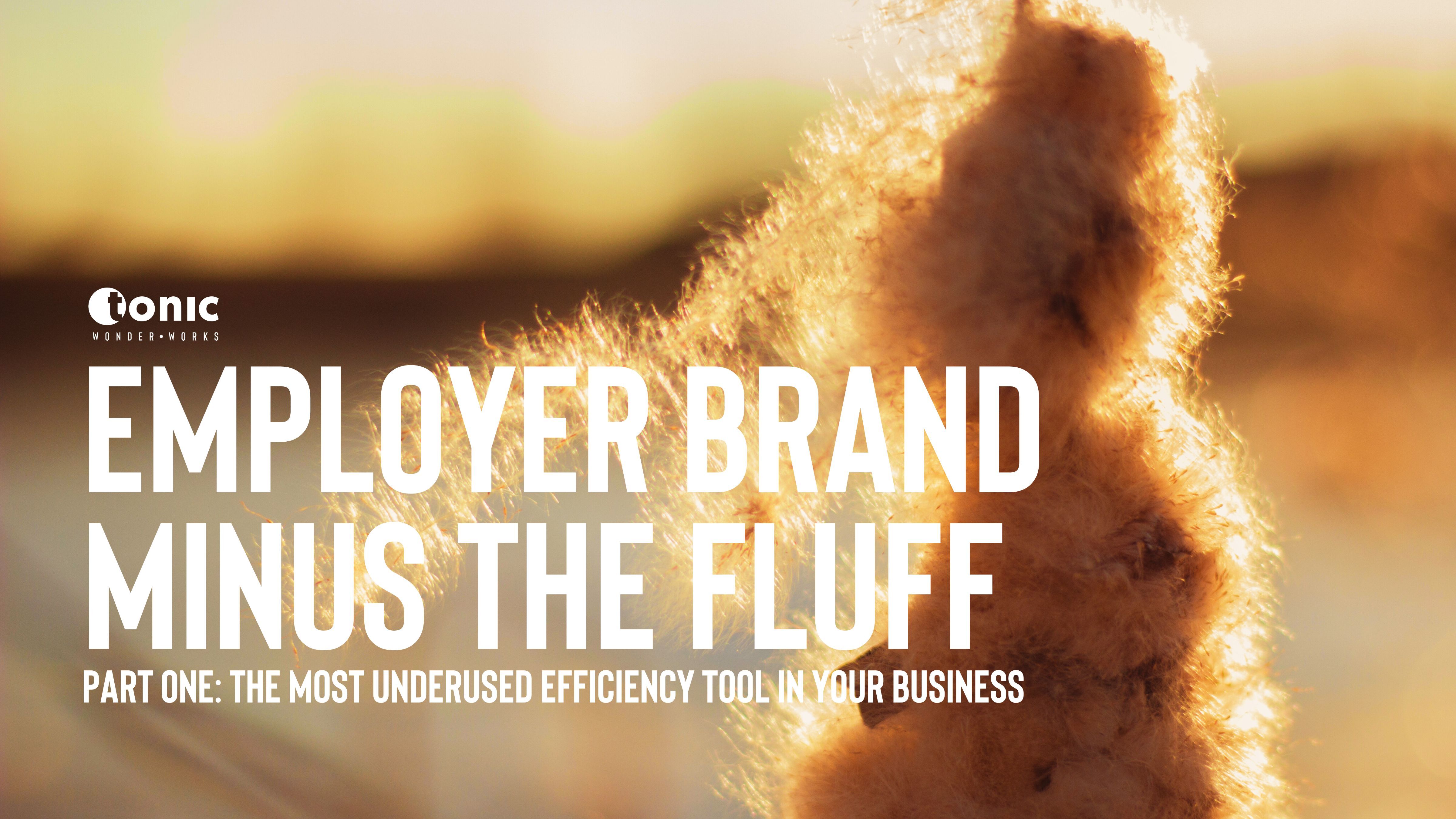Diving into the fast-paced world of Employer Brands with the magic of RecFest, discovering the essence of people-centric brands, and the dance between Artificial and Human Intelligence.
As an ad-land suit with a background in brand, marketing and media strategy, is there a better way to start a new career in the world of Employer Branding than by going to RecFest?
For those who know RecFest, you’ll know exactly what I mean. For those who don’t know but do work in this space - look it up. I recommend going next year. Imagine TED Talks staged in a music festival environment with no raindrops on the horizon.
After listening to our clients Jona Gjini and Sarah Denormandie at Ledger deliver an awesome talk around how building their EVP changed their team culture, my colleagues realised someone would need to write a blog about our RecFest adventure.
Cue all eyes on the new boy. Oh my gosh!
Here are my top three areas of learning.
1. People. People. People.
It seems obvious, but also something that can be an oversight at times. One of the first things I heard about was how Wagamama put love above their door. As they said, “Brands are made by people”.
Being in my first week, I was already clear that our philosophy at Tonic compliments this approach of being people-centric and that’s why we build talent brands that people want to work for.
People are the engine behind every business in the world. A company, simply put, is an entity created by documents and legal registrations, but it’s powered by people doing great work.
As James Ellis discusses on his Talent Cast podcast, if you take away the people doing great work, then the business does not exist. However, take away the business, the people will continue to do great work somewhere else.
Coming from a slightly different discipline in ad land, one thing became clear in my preparation before I started working with employer brands. The tactics are the same, no matter the discipline we come from. Yet, the strategy and messaging of an employer brand must be inextricably entwined with people at the core.
To place people at the core, we must understand them. We must listen, learn, understand and adapt. Gen Z is a great example of this - the key drivers for Millennials, are not necessarily the drivers for the next generation of talent.
2. Employer Brand is where people start
Here’s an interesting stat from the Ledger team - 75% of job seekers consider Employer Brand before applying. That’s 3/4 of the people who are looking at your job opportunities, are evaluating the essence of your brand as an employer, to decide whether you are the best fit for them and their aspirations.
How you position your brand as an employer, must be authentic to the core, otherwise reporting metrics such as cost-per-hire and attrition are not going to change. But more importantly, you are not going to bring the right people into the business who will help grow the brand and culture.
The key to building a strong EB/EVP is to:
- Build allies and advocates from within - collaborating with Brand, Marketing/Comms and Talent Acquisition
- Create data dashboards of internal and external data to analyse
- Engage people. Speak to internal and external stakeholders, guiding the conversation but focusing on listening
- Develop your identity with the broader organisational brand at the core
- Go back to early stakeholders and validate all this to be true, before using this as the basis for everything within your Employer Brand world
- Manage and evolve
If I’ve learned anything so far, it’s that the process of developing an Employer Brand and developing the EVP is not a start-to-finish process, where once completed, it’s done – good luck. It needs to be managed, reassessed, continually validated and evolved as the business and culture evolve and grow. It’s a process, not a project.
3. Artificial Intelligence needs Human Intelligence
Our Founders at Tonic, Tom Chesterton and Mark Horley, gave a fascinating talk on Art & the Algorithm. Before they even got past introductions, we saw first-hand the essence of their talk play out in front of us. With tech issues (typical) meaning vocal cues were needed for Chris to change the slides on screen, human improvisation was needed to deliver, where AI would have said no. That added human touch made the talk.
AI was a big topic of conversation at RecFest - from talks, through to brands with stands. The big question we’re all facing: how is AI going to impact jobs, operations and industries, now, and in the coming years? We know the capabilities of ChatGPT and how it can write a comprehensive essay on the inside of a tennis ball in a matter of seconds. We know Midjourney can create visuals based on human instructions, as showcased by Mark (and below for your enjoyment).
In both cases, the proof is clear – it needs human input both upfront, in the evaluation and development, as it doesn’t have the creative subconscious to output visuals or words that feel humane.
My original plan was to be ‘clever’ when talking about AI, finishing with a sign-off that revealed that ChatGPT had written this blog. But that would have been obvious, unsurprising and it would have sounded robotic. It would have been inhuman. You would have taken nothing from this about me. Not as a person. Not as a professional. Not as a colleague. Not as your Client Partner. To quote Tom and Mark, “It needs to be symbiotic, not robotic”.
So, explore and play. Experiment.
When it comes to AI, I would say to you never say never. Don’t be afraid. Do your thing – try it and test it, have fun with it. We need to explore AI and its capabilities, as it’s not going anywhere. We need to look at how emerging tech can support existing processes, allowing us more time to focus on the facets of our jobs which require our input most. We need to harness its power to add value. Make it symbiotic, not robotic.
If you have any questions or would like to discuss anything above in more detail, please reach out to me.
Written by a human.
Proofed by ChatGPT.
Inspired by Basement Jaxx.
If you would like to watch Mark & Tom's talk, press play below:
